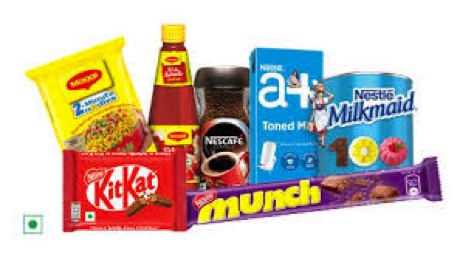After having assigned the dairy major Amul a task to provide a marketing platform for organic food products, Union Minister for Cooperation, Amit Shah on Monday gave the Gujarat Cooperative Milk Marketing Federation Ltd (GCMMF) and the dairy body, National Dairy Development Board (NDDB), a responsibility to make India self-reliant in dairy machinery manufacturing.
At the International Dairy Federation (IDF)’s World Dairy Summit 2022 here, Shah asked the co-operative dairy leaders to consider becoming self-reliant in equipment manufacturing. “We have achieved self-reliance in milk production. But we are still dependent on imported processing machineries for value-added dairy products. I am fully confident that NDDB and Amul can jointly take this up. The NCDC (National Cooperative Development Corporation) has a lot of funds available, so there is no issue of finance. If we take this up, then we would be self-reliant even in the dairy machinery production and could contribute to the world market,” said Shah. The government will make two lakh more dairies in the country before the 2024 Lok Sabha elections, Union Home Minister Amit Shah said while addressing the International Dairy Federation World Dairy Summit 2022 in Greater Noida on Monday. The HM was speaking at the inauguration day of the World Dairy Summit 2022 which is being held in India after a gap of 48 years.
Uttar Pradesh Chief Minister Yogi Adityanath, in whose state the global summit is being held, said that nine new greenfield dairy plants will get functional in the state in the next two years.
Saying that UP is India’s largest milk producer, CM Adityanath said that the state now has 319 lakh metric tonnes of annual milk production and contributes 16 percent of India’s total dairy output.
Co-operative model
Addressing the IDF-WDS 2022, Shah also stated that the world can take examples of co-operative model in India and apply it as an alternative economic models to achieve inclusion and broader welfare objectives. “India’s co-operatives history is about 120 years old. India has offered the world an alternative and yet successful model to communist model (which has state-controlled production), and a market model (which works on mass production by corporate).
In India there are about 1.8 crore farmers spread across two lakh villages of the country. Most of them are connected to co-operative dairying through the model of operation flood, which was implemented in early 1970s. India’s annual milk production grew at a meagre 1 per cent rate, while a decade following the operation flood implementation, this rate grew to 4.6 per cent and and subsequently to 5 per cent. India’s annual growth rate of milk production is about 6 per cent at present and milk production of about 210 million tonnes.



























